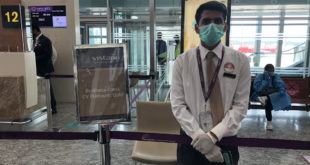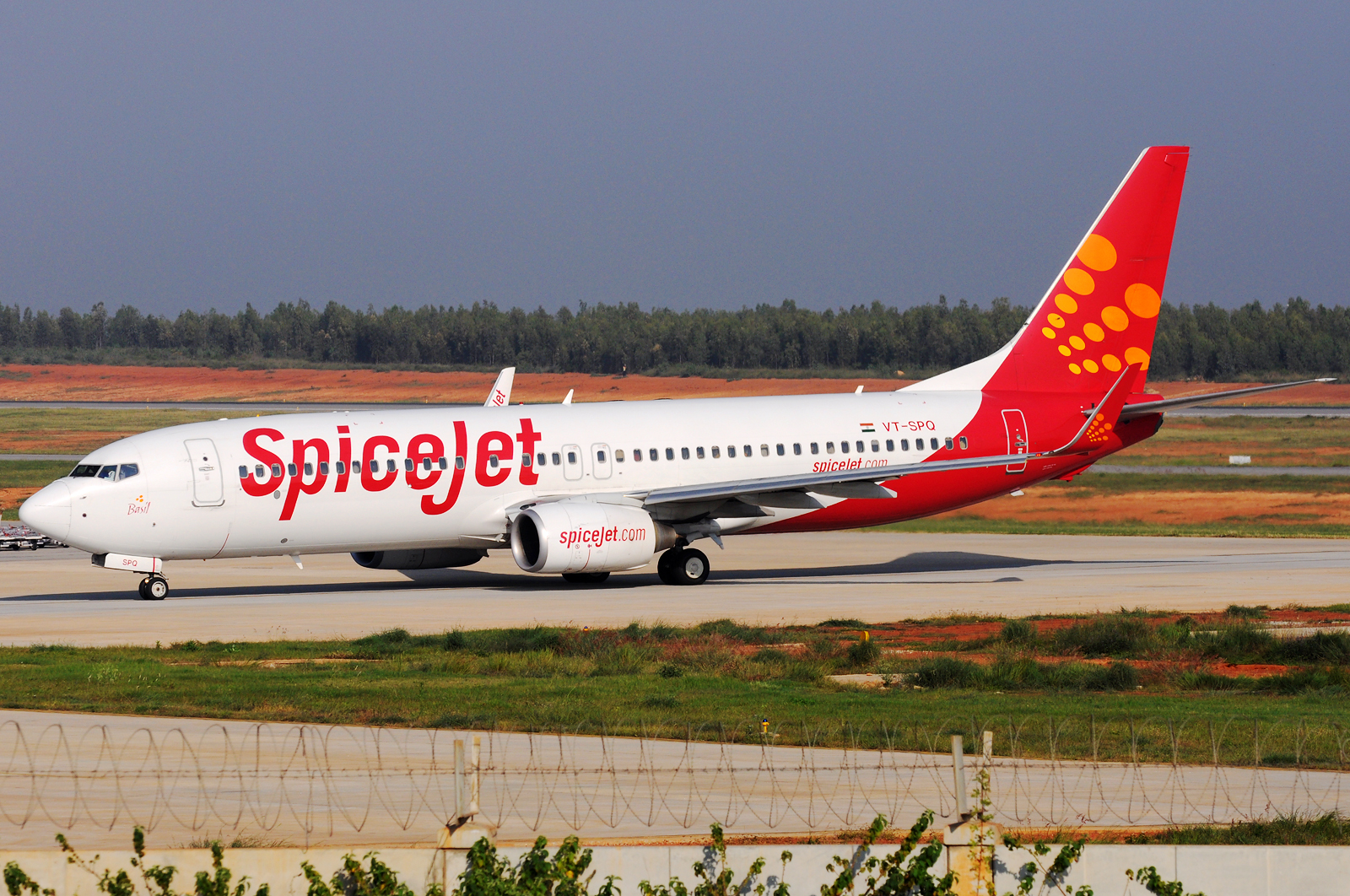SpiceJet announced the launch of 8 new direct flights to Gwalior in Madhya Pradesh. This city will be connected under the UDAN III scheme. It is the airline’s 11th destination under the regional connectivity scheme (RCS). In doing so, SpiceJet continues building its network strategy of connecting smaller towns and cities while leveraging the government’s flagship policy.
The UDAN scheme
The UDAN Scheme is a part of India’s National Civil Aviation Policy (NCAP 2016). The policy aims to increase connectivity to all parts of the country. Under the scheme, the government lists selected underserved and unserved airports. Airlines are offered incentives to fly to these airports.
Routes are bid for and awarded to airlines. Successful bidders give performance guarantees in forms of bank lines. There is also a timeline for starting flights. All of this as a key element of the scheme is the grant of monopoly status on routes. The status ensures the viability of the route by an airline by ensuring that there is no excess capacity. It assumes that routes mature within 3 years.
Funding for the scheme comes from a levy on passengers flying mainline routes (called RCS levy). Additionally, airports offer concessions to the airlines in forms of landing and parking waivers and fuel discounts. State governments can also supplement the scheme with additional subsidy or waivers – a trend that has increasingly caught on.
UDAN Routes flown by SpiceJet
SpiceJet has leveraged the UDAN policy towards its network development. This has been possible due to its fleet which includes the Q400 regional aircraft and also a network focus on connecting smaller towns and cities. Thus, the airline continues to expand its footprint in the domestic market and already there are 51 airports the airline serves. The network strategy is evolving with three distinct segments including metro airports, regional connectivity and international.
SpiceJet has bid for and won routes in each of the bidding rounds for UDAN. As of date, the UDAN routes SpiceJet flies are:
- Delhi-Kishangarh-Delhi
- Delhi-Kanpur-Delhi
- Delhi-Adampur-Delhi
- Mumbai-Porbandar
- Mumbai-Kandla-Mumbai
- Kolkata-Pakyong-Kolkata
- Hyderabad-Puducherry-Hyderabad
- Guwahati-Pakyong-Guwahati
- Jaipur-Jaisalmer-Jaipur
- Ahmedabad-Jaisalmer-Ahmedabad
- Surat-Jaisalmer-Surat
- Bhopal – Udaipur
The airline uses the Q400 aircraft on majority of the routes. Interestingly, there are twenty seven Q400s in its fleet with another forty five on order. This tends to indicate a continued focus on regional operations. The sector lengths for the UDAN flights ranges from thirty minutes to just over an hour.
Till now there have been 3 rounds referred to as UDAN I, II and III. The latest round of UDAN had fifteen bidders including four large commercial airlines – Indigo, SpiceJet, Jet Airways and Air India. The bidding saw 111 proposals and seventeen counter proposals for three hundred and fifty routes. SpiceJet won 34 routes.
Looking ahead
For the future, SpiceJet will continue to expand on regional routes. The yields on these routes are often higher than on metro to metro routes due to the monopoly status. As such it helps the airlines profitability. With elections looming, additional traffic to/from smaller towns can also be factored in.
In terms of fleet, the forty-five Q400s on order will help expand the airlines regional footprint. Additionally, there are plans to start Seaplane operations. Talks with the Korean manufacturer Setouchi were held in the past and a memorandum of understanding signed. Seaplane operations will further add to the regional operations mix.
In summary, it is interesting that the airline’s regional focus that was in the past questioned by analysts is now a core part of its network strategy. Given its smart and nimble approach where the airline can enter and exit markets quickly, SpiceJet will continue to leverage the UDAN policy to its fullest.
 Bangalore Aviation News, Reviews, Analysis and opinions of Indian Aviation
Bangalore Aviation News, Reviews, Analysis and opinions of Indian Aviation



